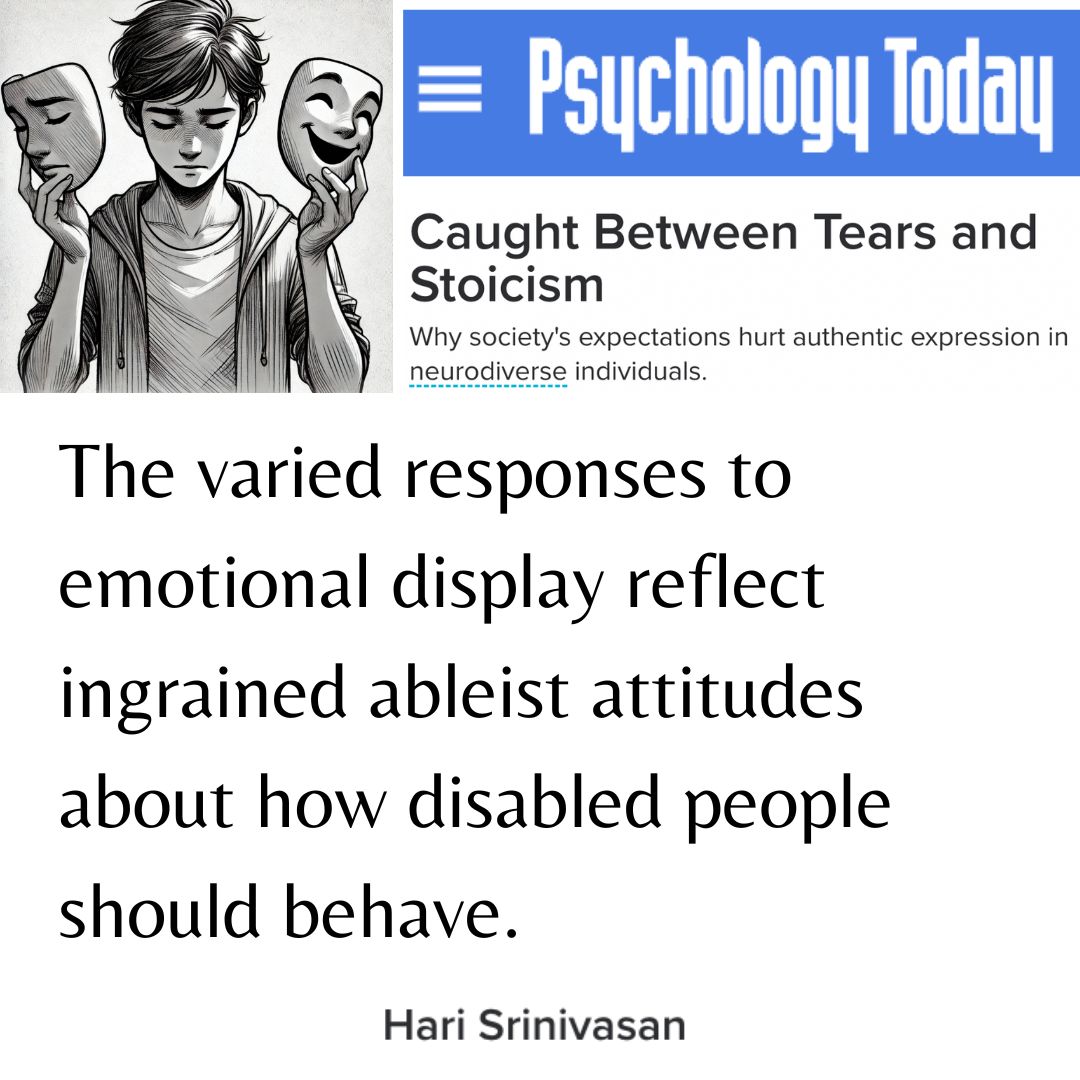Exciting News from our Lab!
We're proud to share that two of our talented third-year PhD candidates in Neuroscience, William Quackenbush and
Hari Srinivasan, recently presented their research at the Vanderbilt Brain Institute's Neuroscience Graduate Program Research Forum!
This was their first time presenting at the forum, and both talks were incredibly well received.
Coinciding with Autism Month of April, Hari Srinivasan presented his research on: "Virtual Bubbles, Real Insights: Investigating Peripersonal Space (PPS) in Autism." Hari's work explores how autistics process the space around their bodies, offering a novel perspective on sensory-motor integration.
In March, William Quackenbush presented his research on: "Regulating Rhythms: Elucidating Brain-Behavior Relationships of Motor Stereotypies Across Sensory Landscapes." His work focuses on motor stereotypies (or stimming) in autism, aiming to understand the sensory and motor dynamics that shape these behaviors.
Both William and Hari are co-mentored by Prof. Mark Wallace at Vanderbilt and Prof. Carissa Cascio (now at the University of Kansas, Lawrence). They are also NISE Fellows (Neurodiversity Inspired Science & Engineering Fellows) at the Frist Center for Autism and Innovation, reflecting their commitment to advancing autism research through innovative and interdisciplinary approaches.
It’s exciting to see these promising areas of research being presented at the forum! Congratulations to both William and Hari on their well-received presentations!











